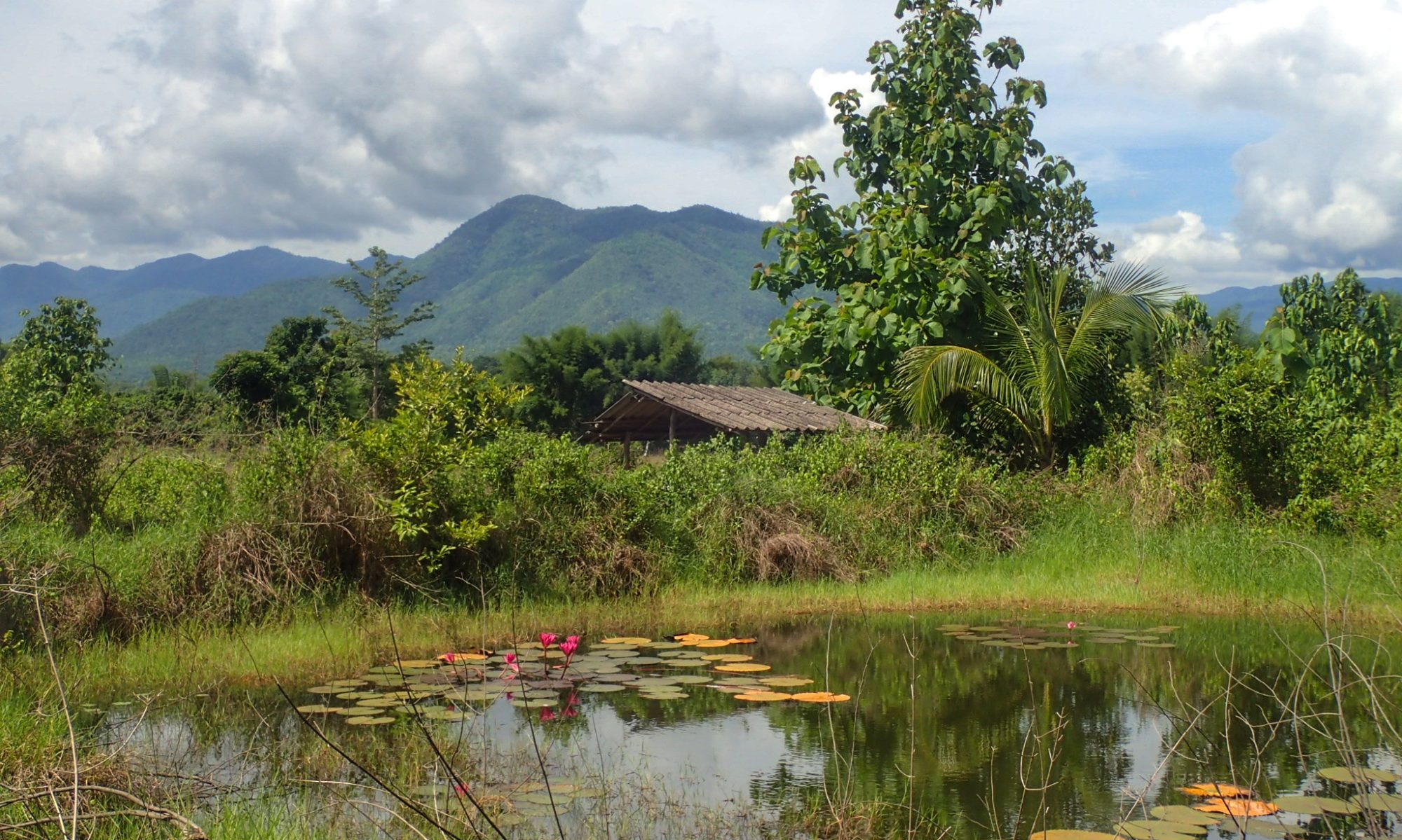The single most important lesson I learned in 2016 was taught to me by a Buddhist monk in Bellingham, Washington.
It was our first day camping on Steve’s and my Pacific Coast ride from Vancouver to Tijauna. We’d just crossed into the USA from Canada on our bikes and were setting up camp at Larrabee State Park, just south of the friendly and endearing city of Bellingham.
I’d been meditating at the Zen Center in San Francisco, and I was doing a poor job keeping up with my meditation practice, but that day I spent some time meditating after we’d setup our tents. To my surprise, Steve came by after I’d finished and said that he’d met a Buddhist monk who was camping next to us, and he was going to stop by and speak with us in a few minutes.
We told the monk about our trip that we were just beginning, and he told us about his trip that he had taken several years ago. His teacher had instructed him to go out to a hard-off neighborhood in rural USA and spend some time with the people there and travel around. But one of his rules was he could not use money in any way.
This made his trip much more memorable and meaningful due to the connections he was forced to make with those in the local communities. But more importantly, he started hearing the same thing over and over again.
When he asked for help from someone, whether it be water, shelter, or food, he would very often receive that aid along with a warning. “The people in this neighborhood will be very happy to help someone in need, but be wary when you travel to the next neighborhood, the one on the other side of the tracks. Those people are not like us; they are not nice people and will not help you.”
The next neighborhood lay in the way of the monk’s travel, so when he arrived, he was worried. But when he asked for help, many of those other people gladly welcomed him and gave him help. He was perplexed, and he told these new folks what the others had said. Their response was interesting. “You have been tricked! Those people are not like us at all; they are horrible people and would never help someone in need! Do not trust them!”
These people, who had nothing at all different between themselves except for a railroad track that ran between their neighborhoods believed that the people on the other side of the tracks were somehow fundamentally flawed, different from themselves in a way that made every single one of them not to be trusted. But yet, they were all gracious, welcoming, and compassionate people. How is that possible?
This story has stuck with me ever since, and one of the reasons I am taking this trip with Steve around the world is to show myself and my friends that this holds true everywhere.
Yes there are some bad apples, and there are some communities bent on nothing but violence, but much more, there is goodness in every community, despite all differences, and we should be wary of anyone in our communities who would try to convince us otherwise. Those folks across the track (or on the other side of the wall) have the same needs and compassion as we do.

